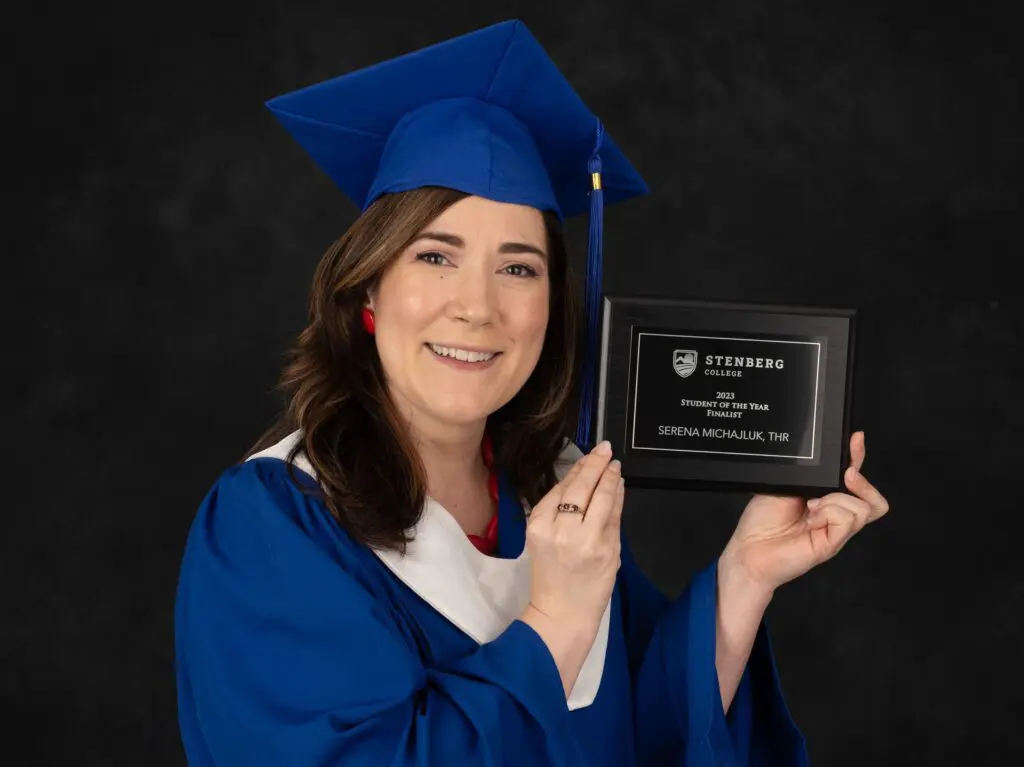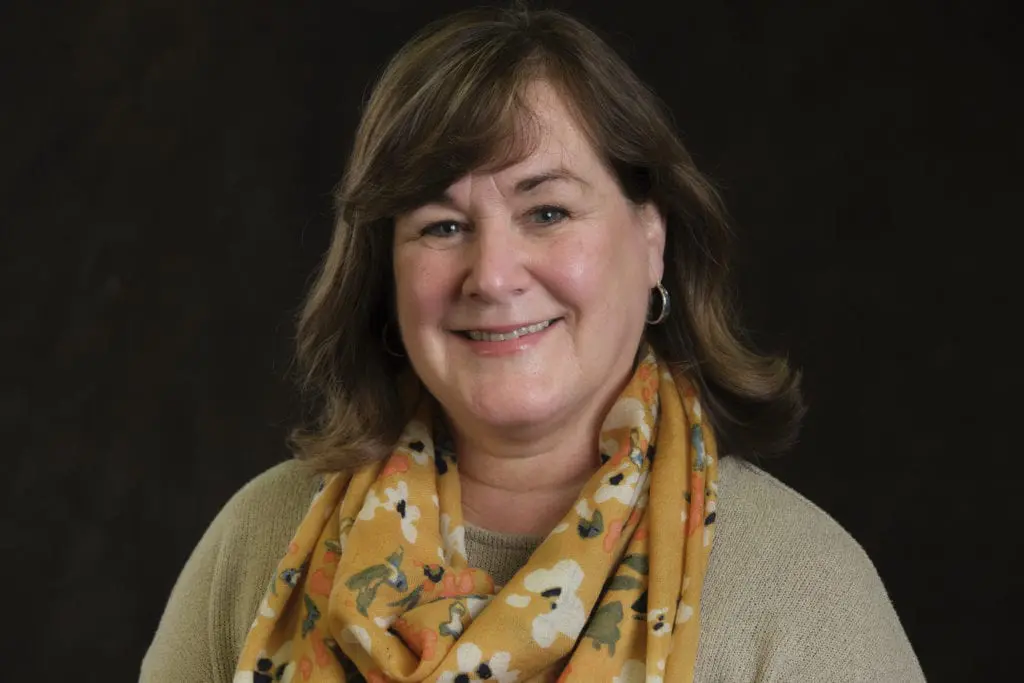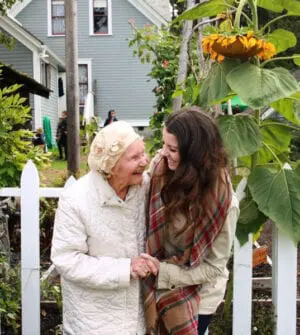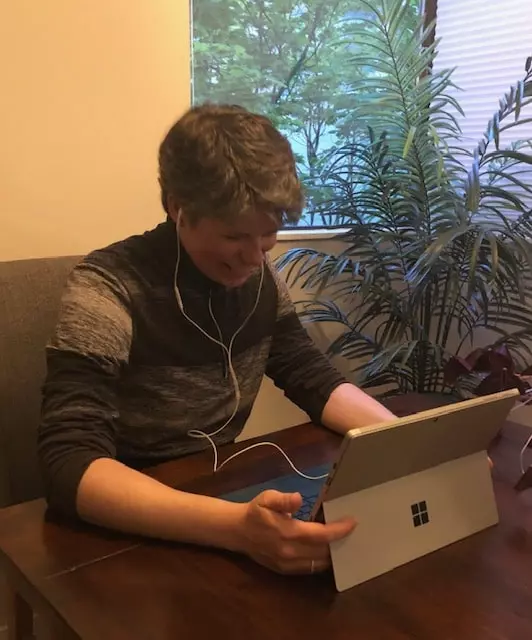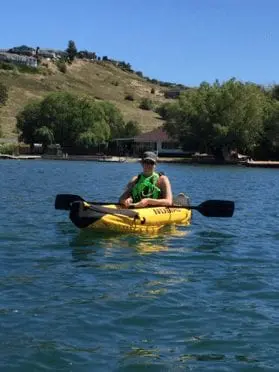One of the perks of having a therapeutic recreation diploma is the opportunity to incorporate your own zest for life into your work. Therapeutic recreation professionals often deal with patients who have difficulty expressing themselves through more traditional means, and employing creative methods may be the only way to help someone relieve stress and tension, or maintain physical health.
As a general rule, the more innovative or clever the recreational activity, the more satisfied the patient will be. Even outside of the therapeutic realm, creativity has been known to open up chambers of the human heart and mind previously unexplored. Tapping into that energy is often just what a patient may need to feel more fulfilled and at ease. Students considering a therapeutic recreation program online might be interested in checking out these tips for engaging elderly patients in activities that work on both an individual and group level.
Cooking
Much has been written about the relaxing nature of cooking. Though restaurant kitchens are admittedly quite tense and hectic, the slow pace of cooking from home or in a therapy class can do wonders to calm the nerves and inspire new ideas. Food psychologists have noted that making food is often a creative means of expression, while others may use culinary abilities to gain affirmation from others.
Cooking classes double as a kind of group therapy. Some chefs have found that their lessons often lead to kitchen confessionals, where participants can talk about what they learn about themselves while cooking. And in terms of stress relief, it’s interesting to note that after 9/11, cookbooks sold at twice the rate they normally do. Therapeutic recreation professionals that specialize in working with the elderly will be sure to assess the risk of working with patients in the kitchen before implementing a cooking activity.
Humour
You don’t have to be Patch Adams (or someone with nursing training on his staff) to see how humour heals the soul, provides stress relief, and encourages socializing. Recreation staff are trained to develop opportunities for their patients to engage with others and find new ways to relieve anxiety. Something as simple as telling jokes in a group, reading funny stories out loud, or weaving humour into the daily routine can help patients find common ground with one another – and with the therapeutic recreation professional.
Creative Writing
Story-telling, in a group or individually, can be a great way of expressing oneself while also opening up an otherwise hidden talent. For individual work, an activity staff might offer a writing prompt (an idea or a question), and then instruct patients to free write for an allotted amount of time. If a patient is unable to write for themselves, the activity could be done orally. Creative writing is particularly useful for mobility-restricted patients who need alternative ways to engage with others and feel energized. Plus, by encouraging story-telling, Recreation staff can gain valuable insight into their patient’s interests, concerns and dreams – which of course will lead to even more meaningful interactions.
What creative activities or approaches would you implement as a recreational therapist?

